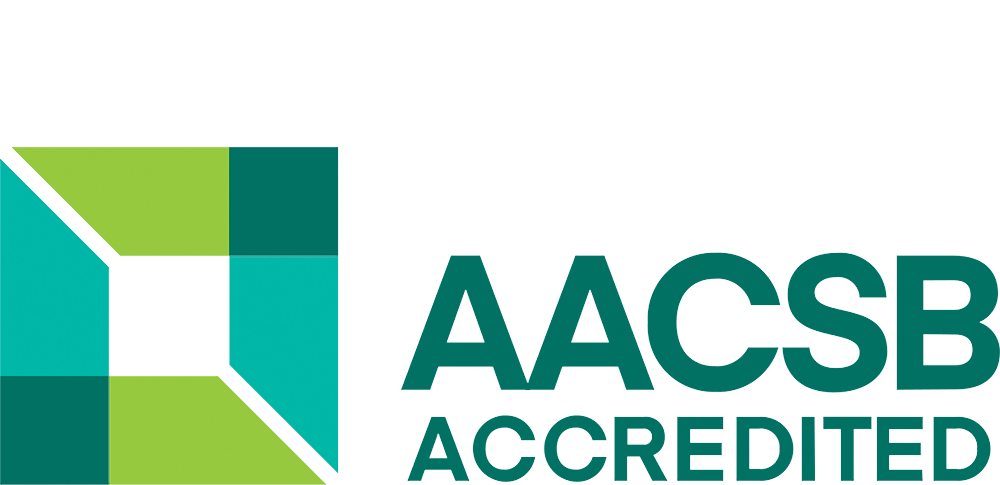The consumption of fossil fuels and resources is having a serious impact on our planet, as is the depletion of natural resources, pollution, reduced biodiversity and increased environmental problems. The economic and social crisis we are currently experiencing is largely linked to unsustainable consumption and development patterns. In this context, the education of populations is essential in order to look forward to the years to come with confidence. What is the ecological transition? How can companies act to preserve the environment? How can we save energy? Can we train for the ecological transition? We explain everything in a few lines.
Ecological transition: what is it?
Ecological transition is a concept that aims to put in place a new social and economic model in order to respond intelligently to ecological challenges. It aims to rethink the way we live together on a territory, work and produce in order to reduce our environmental impact. In the long term, it will enable us to adopt a sustainable development approach, by favouring renewable energies, modifying our consumption behaviour and limiting waste. Its aim is to provide an economic and social response to the environmental challenges facing our planet.
The ecological transition should not be confused with the energy transition: the ecological transition involves a series of actions and includes the diversification of energy sources by moving towards renewable energy.
EMBA
The ecological transition in companies
Ecology in business: issues and objectives
The ecological transition of companies represents a period of adaptation allowing the adoption of new schemes without slowing down the activity. It consists of gradually including environmental notions in business processes. It involves rethinking the production model, waste management and adapting the use of energy in companies. There are many ways to move towards a successful ecological transition. Here are some examples.
The means of ecological transition in companies
There are many ways to better manage energy within the company. The following actions can reduce greenhouse gas emissions and energy consumption in companies:
- Reviewing insulation: good insulation limits heat loss and saves energy.
- Adopt an appropriate heating system.
- And so on.
All of this work has an ecological purpose and is eligible for financial aid such as the CEE, the Eco-Energy loan, tax credits or ADEME aid.
There are many other ways to implement the green transition in the workplace:
- Reduce waste;
- Adopting a circular economy;
- Opting for greener equipment;
- Raising awareness among employees and customers.
Getting support from professionals in the renewable energy business to carry out audits and put in place an effective action plan is also a good way to identify the company's shortcomings and find relevant solutions.
Why follow a training course on ecological transition?
Training for the ecological transition allows you to :
- Acquire new skills;
- To better understand the challenges of the economic transition and the resulting societal issues;
- Gradually integrate the change in the company;
- To accompany one's employees during the ecological transition;
- Increase expertise in social innovation.
There are many professional training courses available to acquire these skills. Faced with the climate and environmental emergency, many business leaders and managers are choosing to train. They are thus playing a key role in the transformation of their company.
Executive education
How to choose your energy transition training?
There are many training courses in the field of ecology, some of which are not very professional or are geared towards greenwashing. Some of them contain outdated information, not very effective for companies wishing to increase their energy efficiency and fight against global warming. It is important to choose the right training to make a real change and move towards green growth smoothly.
Short course on ecological transition
IPAG's Societal Innovation and Energy Transition training enables the integration of the principles of corporate social responsibility and gives the appropriate keys to consume differently in the company. This comprehensive course is aimed at employees of private and public companies, local authorities, associations and entrepreneurs. This short course is also suitable for company managers who want to be trained efficiently in a minimum of time. It takes place over only two consecutive days.
Executive education for the energy transition
It is also possible to opt for executive education or an EMBA: this type of training contains a richer and denser programme. These training courses lead to qualifications and enable students to master all aspects of the ecological transition (analysis of economic models, production methods, the impact of European policies in the fields of industry, the economic, environmental and social effects of global warming, etc.).







